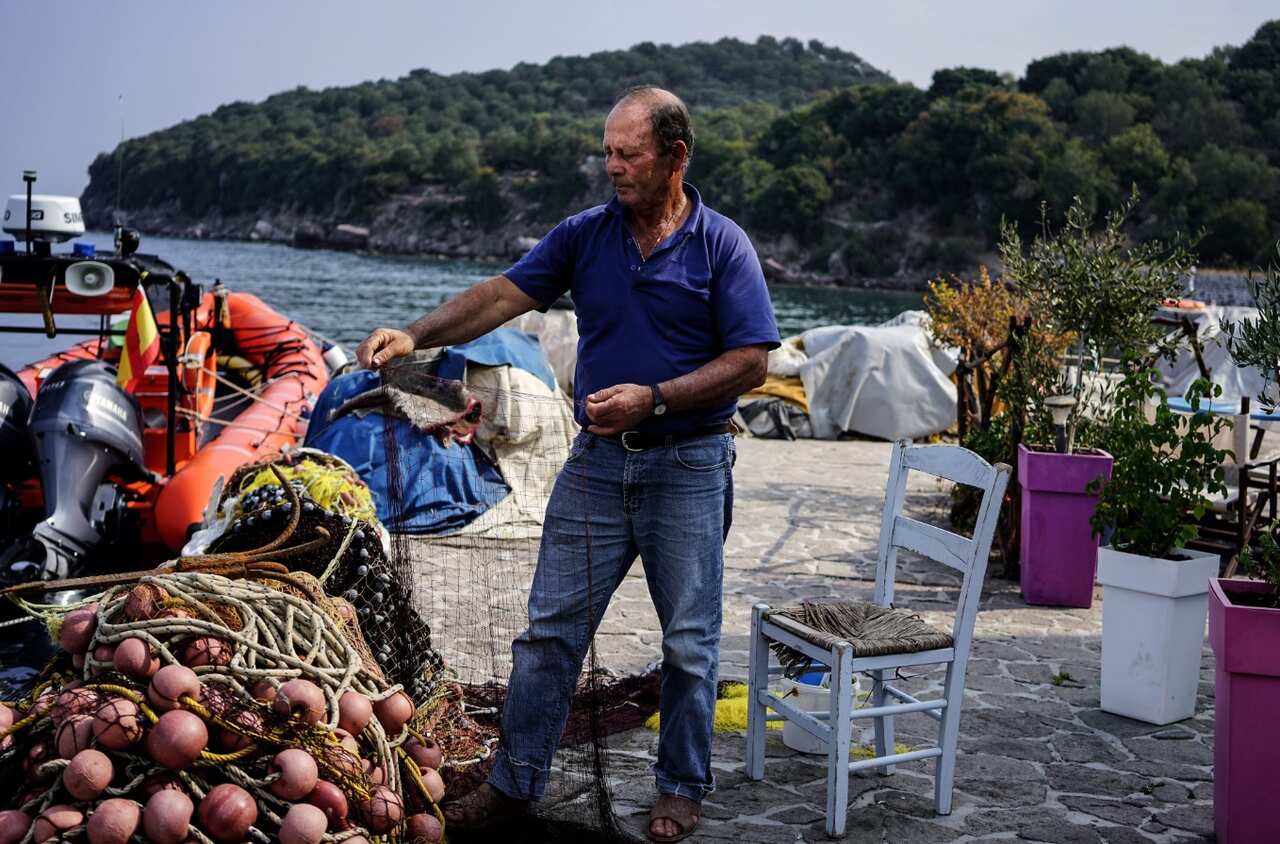There's intense speculation over who the candidates are for this year's Nobel Peace Prize.
And there is plenty of competition with the Nobel committee announcing there were 228 individuals and 148 organisations nominated for the prize.
Among possible contenders is a group of residents from the Greek island of Lesbos nominated to represent all those who have helped the recent influx of refugees.
German Chancellor Angela Merkel, Pope Francis, the Colombian President and FARC guerilla leader, and Svetlana Gannushkina, a prominent Russian activist and human rights leader from the Civic Assistance Committee, are also tipped to be favourites.

Also in the running is the Syrian Civil Defence, also known as the White Helmets, a 3000-strong group of volunteers who have been widely featured on social media for their rescues of Syrian civilians in the aftermath of bombings.
To keep with tradition, the prize organisers keep the identities of the nominees secret for 50 years after the award is announced, meaning candidates aren't told they are up for the award until it's announced.
Previous Nobel Peace Prize Laureates include Martin Luther King Jr, Malala Yousafzai, Mother Teresa and US President Barack Obama, who was awarded the prize after only eight months in office.
Nuclear disarmament delegation
Melbourne University academic Dr Tilman Ruff was part of an Australian delegation from the International Physicians for the Prevention of Nuclear War that won the Nobel Peace Prize at the height of the Cold War in 1985.
He believes a dark horse for this year's prize may be a delegation of six countries which recently tabled a proposal in the United Nations to mandate for a treaty that would ban nuclear weapons starting in 2017.
The delegate countries involved in the proposal, which will be considered during an October sitting at the UN, are Austria, Ireland, Mexico, Brazil, Nigeria and South Africa.
"There is a concrete initiative that is going to be voted on before the end of the month, which could really shake the tree and bring the kind of treaty that started the process to abolish landmines, biological and chemical weapons," Dr Ruff told SBS.
"The biggest encouragement award they could give is to draw more attention, support and encouragement towards one of the most significant developments in nuclear disarmament in the past 20 years, which not everyone knows about.
"That would be, in my view, the most useful contribution the [Nobel] committee could make."
Dr Ruff is the co-president of the International Physicians for the Prevention of Nuclear War, which has been pushing for the abolition of nuclear weapons.

